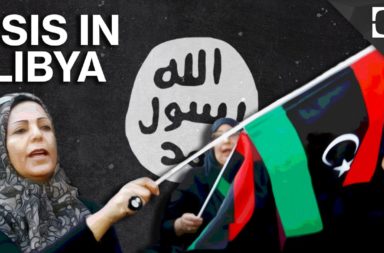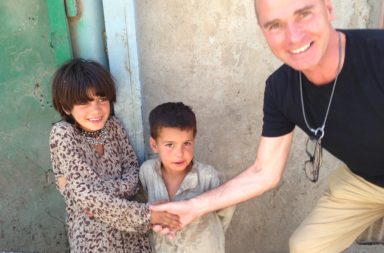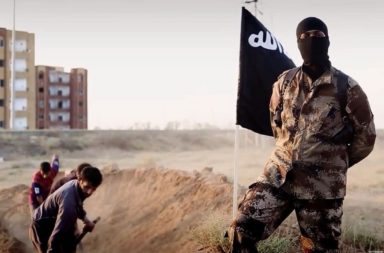Professor Peter Neumann is the director of the International Centre for the Study of Radicalisation at King’s College in London and one of the best experts on IS/ISIS/Daesh.
In this Globalo special he explains why a large scale military intervention against the Islamic State is an unlikely proposition and how the coalition forces could respond to this fact.
Large scale arial bombardments, according to Neumann, are not the right strategy, because there is no coherent strategy for what comes next. “No big country wants to occupy these territories”, Neumann told Globalo, therefore the best way forward in the long term is to “really contain the Islamic State wherever it is, to make sure that it is politically, economically, financially, ideologically, and militarily isolated.” And after two to three years it may implode.
It is now isolated even more thouroughly than North Korea, which is still being backed by China.
To survive ISIS needs to conquer more and more land and cities to fund its operations, like Nazi Germany had to expand ever further in WWII.
Stopping this expansion means decline of ISIS. We must as well stop any success, as this attracts more and more fighters.
Most important is that the local tribes in Iraq and Syria – which now support ISIS out of frustration with the central governments in Bagdad and Damascus – drop ISIS and look for a better partner. They must become more independent from both central governments.
Neumann’s hope is that such a comprehensive strategy of ‘aggressive containment’ will lead to an implosion once the tribes that support it now, turn against the Islamic State. This way ISIS could disappear even without the kind of forceful intervention that many people are talking about right now.





